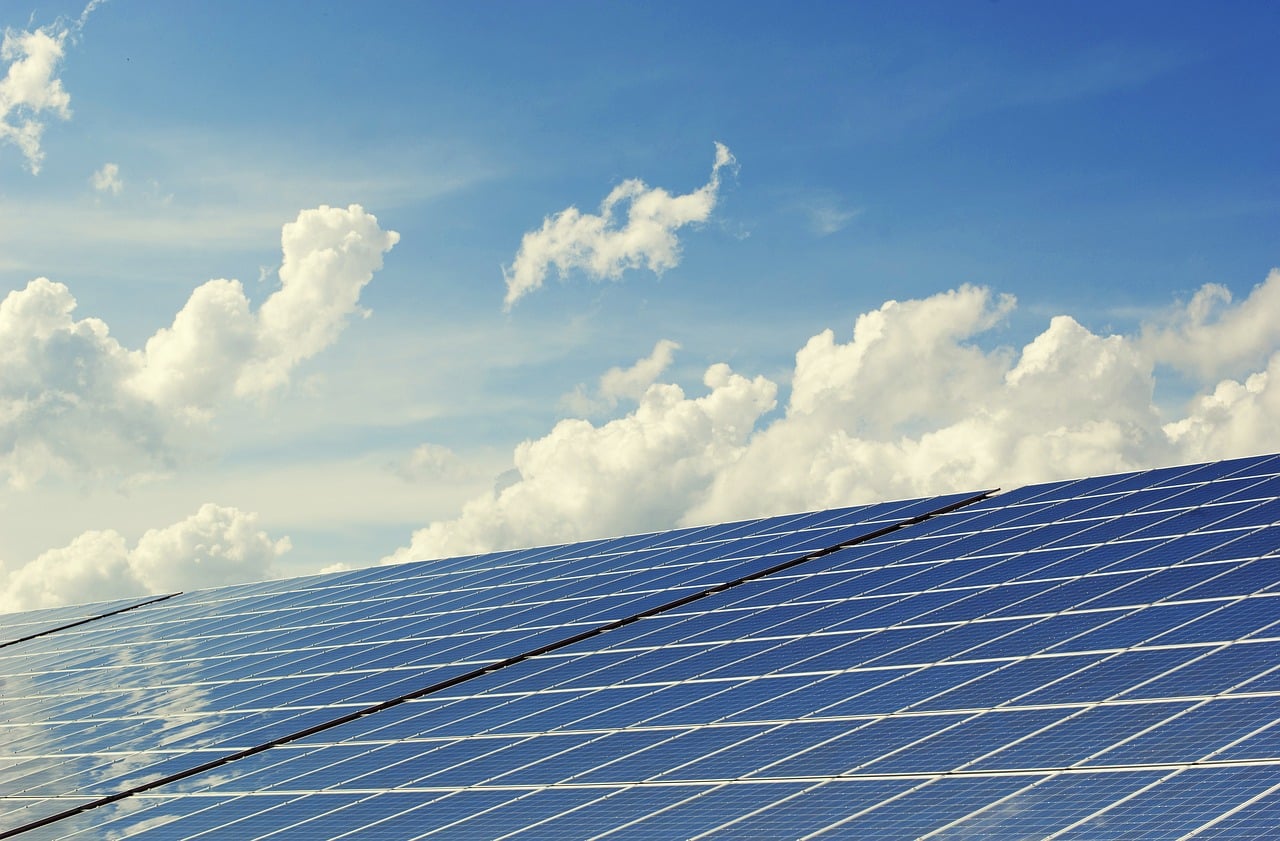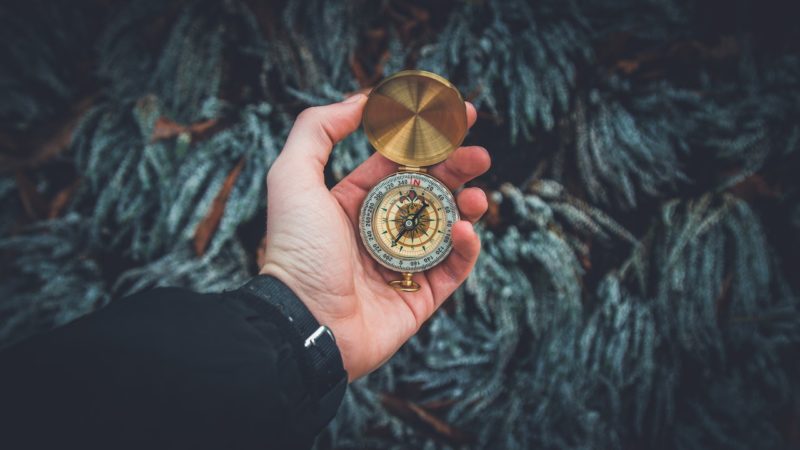Tel Aviv Government Pilots Shade-Giving Fabric Powered by Solar Power

In recent news, the government of Tel Aviv-Jaffa has announced that it will be launching and running a new and environmentally-friendly system, which will provide shade during the daytime. Moreover, the aim of the installation is to ensure that it serves as an effective lighting installation after the Atidim Park is enveloped in darkness as soon as the sunsets. The industrial area is located in Ramat Hahayal, which is home to numerous financial, high-tech, medical, and media companies. Lumiweave, the award-winning system, was built by Anai Green. She is a product and industrial designer, based in Israel, who garnered international recognition on account of her work in the year 2020 when she participated in a global climate tech competition designed specifically for women.
The competition was hosted by Women4Climate, which is an organization working on bringing together entrepreneurs, mayors, students, innovators, activists, and scientists to enhance the participation and leadership of women. The organization hopes to help these women in building a sustainable future for themselves. In the year 2020, Tel Aviv decided to be one of the four hosts of the C40 cities, which is a network of all municipality leaders. They all collaborate from time to time to address the issue of climate change. C40 successfully brings together around 100 world cities. Just last week, Tel Aviv started operating Lumiweave for a set trial period at the Atidim.
As of now, the municipality and Green are monitoring the performance of the system, while focusing on additional installations throughout the city. The project is also aligned with the Cityzone organization of the municipality, which is an urban tech lab and a smart city. This is where technologies are usually vetted and then tested according to real-city conditions. According to the municipality, Lumiweave is a unique project, which addresses the issues of climate change and the rising problem of shading in urban areas. It provides a technological solution, which operates on the basis of clean and renewable energy. Moreover, it enables the supply of lighting without using any polluting fuels.
The soft fabric has been embedded with organic photovoltaics (PV) cells for shade and grid light, solar, canopies, shading enclosures, and localized shade umbrellas. These also have a couple of stand-alone applications. Furthermore, the system does not need electrical infrastructure, helps save up on costs, and provides lighting at night for as much as three days, even without the sun. However, there is generally an ample amount of sunshine in Tel Aviv, as well as the Jewish state. The city has almost 300 sunny days every year. In the month of January, the government of Israel gave its approval for an ambitious idea to plant no less than 450,000 trees in several urban areas.
Thus, the shade will be provided to people and the temperature will cool down as soon as climate change starts to kick in. The target that needs to be achieved between 2020 and 2040 is going to cost around NIS 2.25 billion. The total distance that the trees will cover will be around 30,000 kilometers. This means that there will be around 150 trees for every kilometer.


